Energy Physics
Our research group carries out fundamental and applied research into a wide range of sustainable energy areas. We specialize in applying methods from theoretical physics to the sustainable energy area, but collaborate closely with a wide range of other disciplines.
Current areas of interest include:
National Energy system modelling.
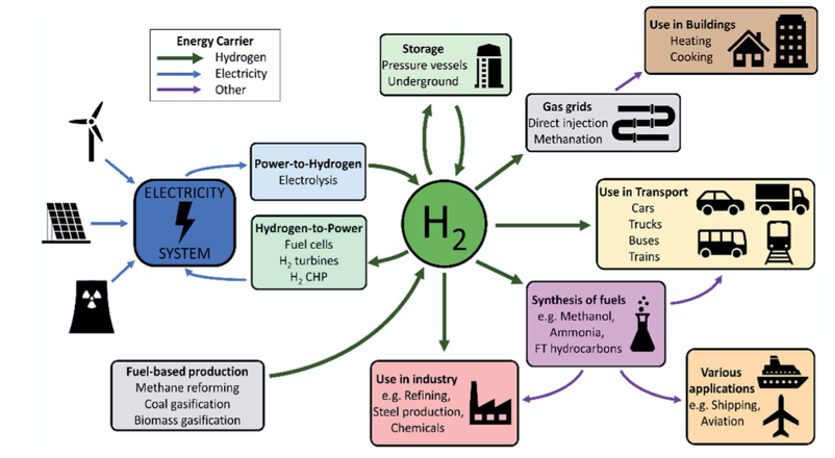
In this research we explore future sustainable energy scenarios for New Zealand with a number of collaborators. This includes using detailed models of the New Zealand electricity system and a System Dynamics model of New Zealand energy economy. Recent investigations include: the role of demand response in a 100% renewable electricity system, seasonal variability of EV charging and the role of hydrogen.
Ultra-efficient housing
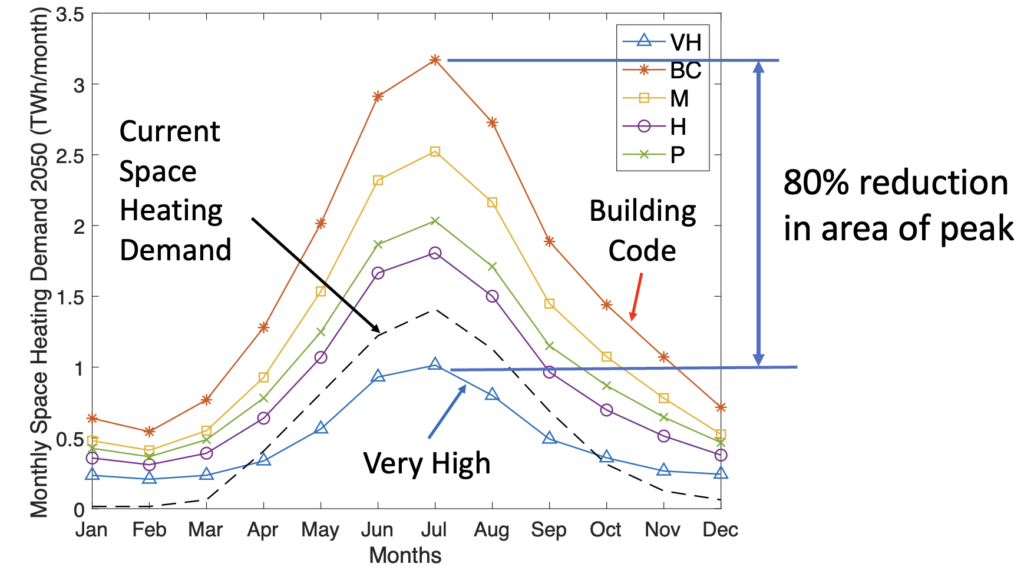
This research is focused on exploring future scenarios of high uptake of ultra-efficient nearly-zero and net-zero energy housing and their potential benefits for reducing peaks in the electricity system. We also explore the relationship between operational and embodied energy and carbon in ultra-efficient buildings. We have received NZ Government funding for this research and currently have fully -funded PhD and MSc studentships available in this area.
Demand flexibility and smart electricity grids
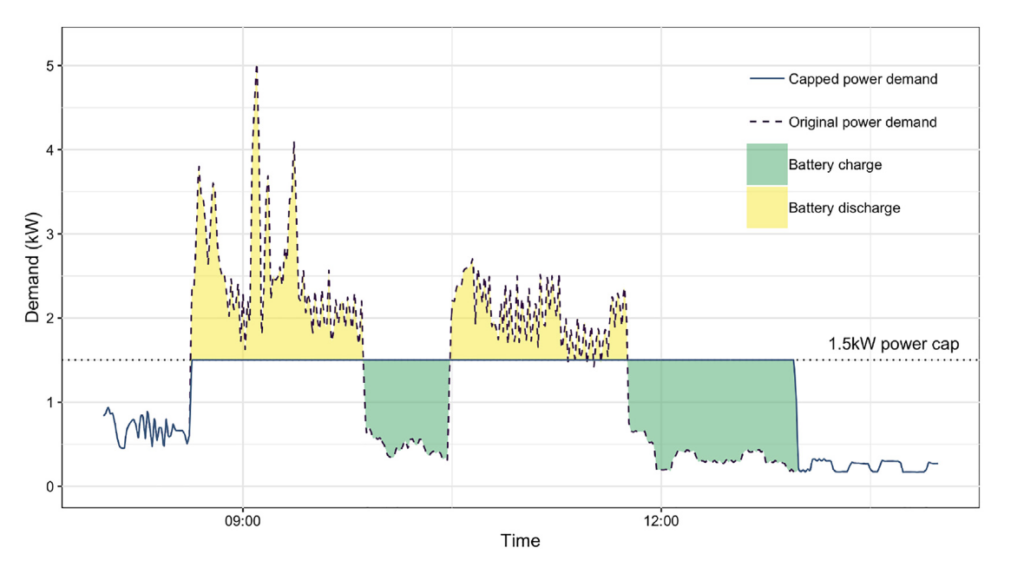
The main issue with renewable energy supplies is their variability. There is a lot of potential for smart devices, such as, appliances, electric vehicles, battery storage, smart hot water cylinders to be used in smart, flexible ways to manage this variability. This is referred to as demand fleibility. With a number of collaborators we are carrying out research on many demand flexibility topics, including smart control of batteries, electric vehicle and hot water cylinders. Demand flexibility is also often used with solar PV and microgrids.
Molecular motors – fundamentals of energy transfer at the molecular scale
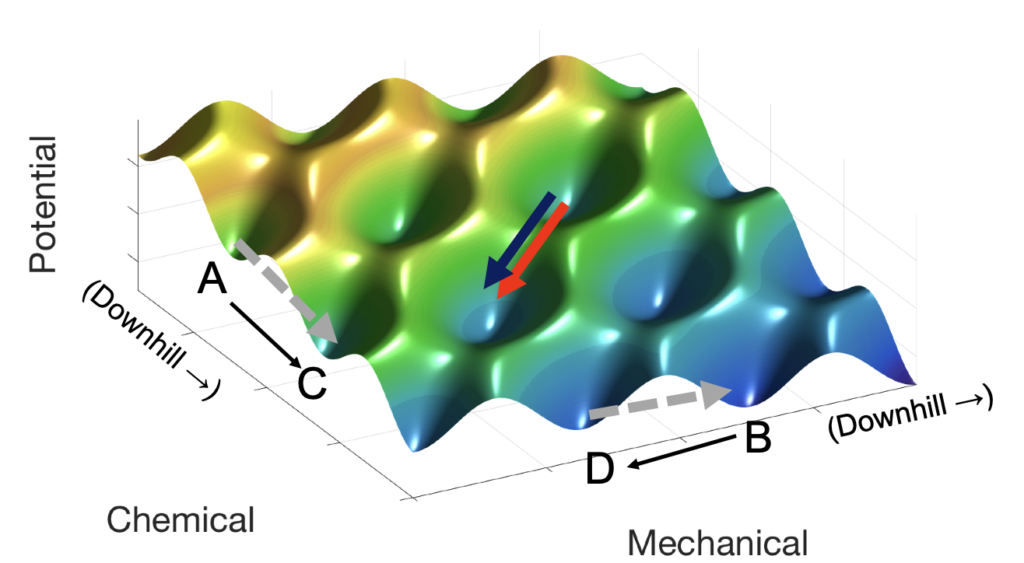
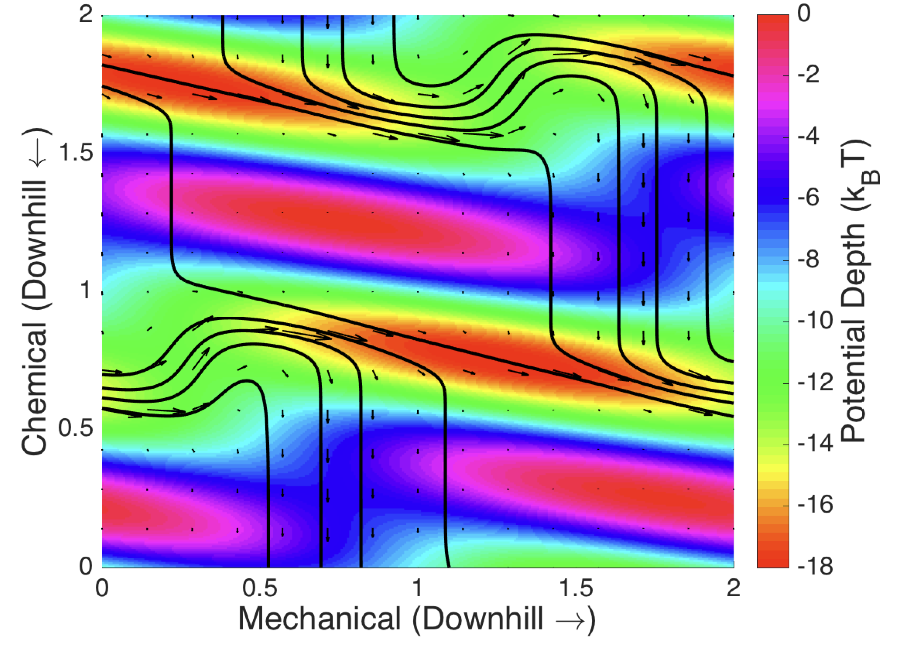
In this more fundamental area we use fundamental physics theories to understand how biological systems convert energy efficiently at the molecular scale. Inside the cell proteins can convert chemical energy to mechanical and electrical energy and vice versa. These proteins are called molecular motors. We are especially interested in how collective behaviour can arise in many interacting molecular motors. This is an interesting non equilibrium phenomena but also has some interesting technological applications.
Peruse a list of our recent publications
Look over our research opportunities for interested students
See current and previous group members